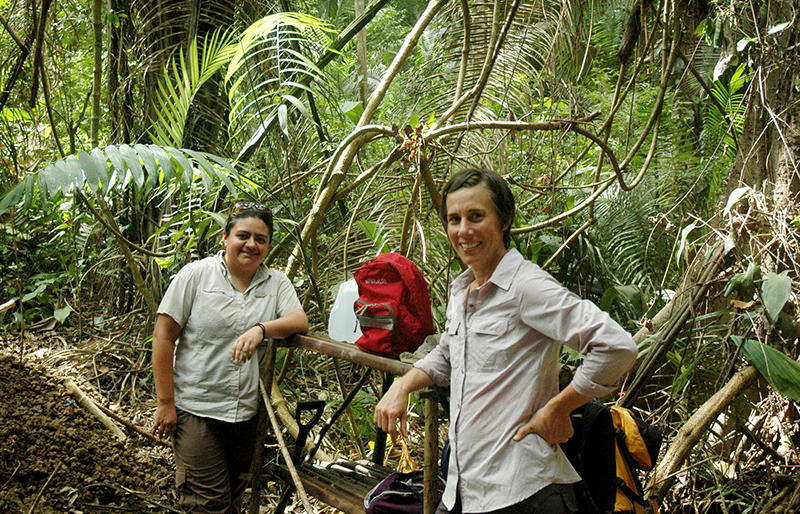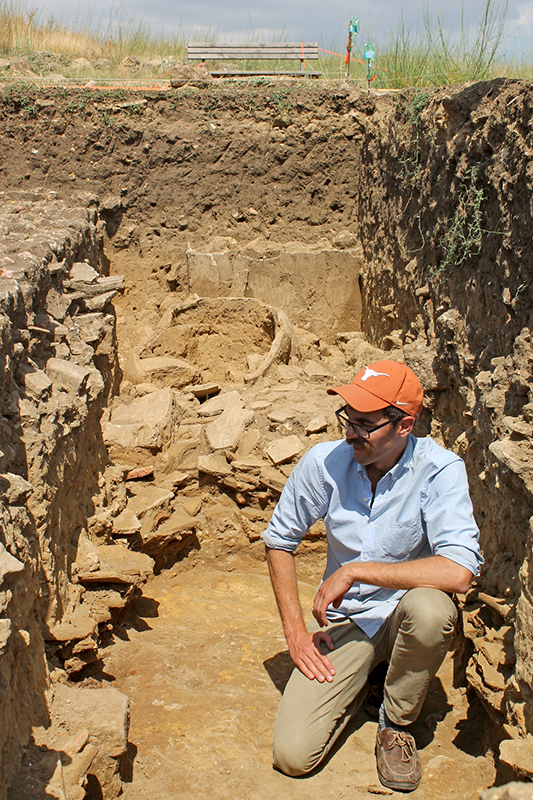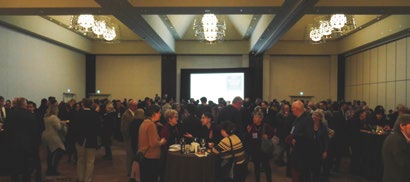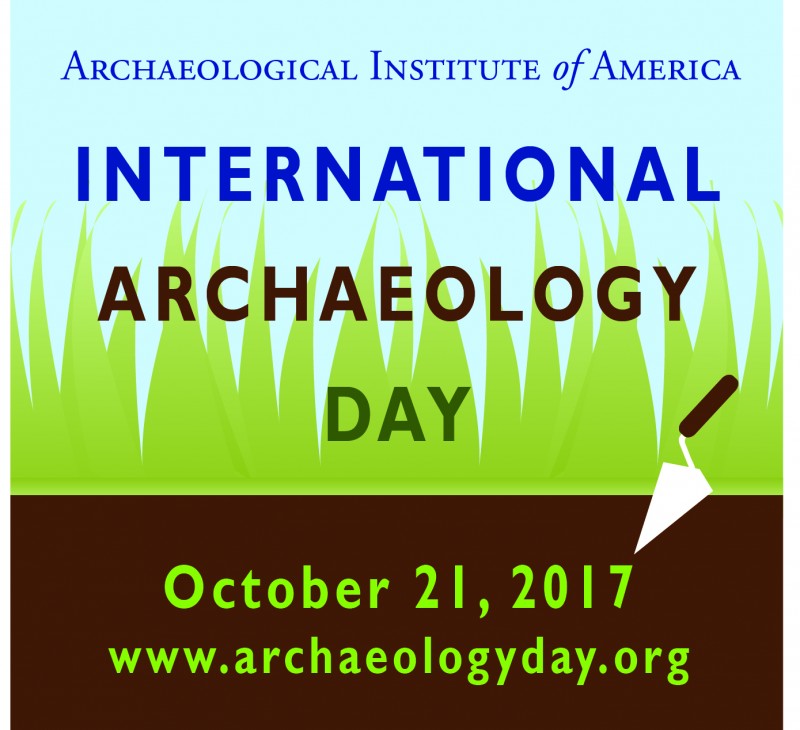May 1, 2017




Winner: First-Time Project Director
Jessica L. Munson
Assistant Professor of Latin American Archaeology, Lycoming College, Williamsport, Pennsylvania Director, Altar de Sacrificios Archaeological Project (ALSAP), Guatemala
Located at the mouth of the Pasión River, Altar de Sacrificios was an important ancient Maya site and trading center, continuously occupied for nearly two millennia beginning about 900 B.C. Previous excavations focused on Altar’s ceremonial core and monumental architecture. Munson will be conducting excavations in two residential house groups to investigate settlement patterns, domestic life, and the social experience of groups living at the site’s core. Her focus will be on the emergence of social inequality during the Preclassic period (ca. 1000 B.C.–A.D. 200) and how that altered the quality of life among Maya households. In addition, Munson’s data will be incorporated into the site’s existing database, expanding the picture of life in this community
Winner: Ongoing Project
D. Alexander Walthall
Assistant Professor of Greek and Roman Archaeology, University of Texas at Austin Director, American Excavations at Morgantina: Contrada Agnese Project (AEM: CAP), Sicily
Over 60 years, the American Excavations at Morgantina have uncovered substantial portions of the ancient settlement, including many monumental public and commercial buildings in the city’s classical and Hellenistic agora. Walthall’s investigations, focused on a previously unexcavated city block, will examine the lives of nonelite people who lived and worked on the outskirts of the city and will record the socioeconomic changes that followed in the wake of the Roman siege that captured Morgantina in 211 B.C. While previously thought to have experienced social and economic decay after the attack, Morgantina, Walthall believes, was actually far from extinguished and remained an important political and economic center until the late first century B.C.
The Cotsen Excavation Grants are made possible through the generous support of Lloyd E. Cotsen, former AIA Governing Board member and chairman of the Cotsen Foundation for the ART of TEACHING and the Cotsen Foundation for Academic Research. To read more about the Cotsen Excavation Grants and other AIA grants and fellowships, please visit archaeological.org/grants.
The 119th Joint Annual Meeting of the Archaeological Institute of America (AIA) and the Society for Classical Studies (SCS) will take place in Boston, Massachusetts, January 4–7, 2018. The meeting’s program showcases the fieldwork and research of archaeologists from around the globe and includes sessions that explore topics as diverse as art, shipwrecks, social systems, fashion, architecture, cooking, and many others. Special events include the fourth annual Conference for Heritage Educators and the opening night lecture by John Papadopoulos (Department of Classics, UCLA), followed by the opening night reception. Meeting registration and hotel reservation information will be available in late summer. Watch “Dispatches from the AIA” for announcements. If you are considering submitting a paper, please visit archaeological.org/meeting/cfp.
AIA programs and activities, serving both archaeologists in the field and the general public, are made possible by the generosity of our members and donors. Dues and contributions help us continue our mission of supporting archaeological research, preserving sites around the globe, promoting outreach, and bringing the world of archaeology to readers like you through our publications and websites. Join today at archaeological.org/join. And, Archaeology magazine subscribers can upgrade their membership for just $40 at archaeological.org/upgrade.
The Richard C. Macdonald Iliad Endowment for Archaeological Research
This endowment supports scholars working on the site of ancient Troy or geographic areas or time periods that give context to the understanding of
ancient Troy.
The Julie Herzig Desnick Endowment Fund for Archaeological Field Surveys
This grant was established to support new archaeological survey projects involving field survey on the ground, geophysical survey, or a combination of field survey and remote-sensing methods.
The Ellen and Charles Steinmetz Endowment Fund for Archaeology
This fund supports the use of technology in archaeological research by providing grants to archaeological projects that make innovative use of technological tools and methods.
The AIA thanks Richard C. MacDonald, Julie Herzig Desnick and Robert Desnick, and Ellen and Charles Steinmetz for their generosity in establishing these grants. Read more about these and other grant opportunities at archaeological.org/grants.
The AIA has 110 Local Societies throughout the United States, Canada, and abroad that organize a variety of archaeological programs. Attend one of the AIA’s more than 200 lectures, where some of the discipline’s most prominent archaeologists speak on their latest research. Featured topics have included the ark—long before Noah, the burial place of Richard III, research into Egypt’s female ruler, Hatshepsut, and the latest findings in Anglo-Saxon England. For information on Local Societies and to find a lecture, visit archaeological.org/societies_list.
International Archaeology Day (IAD), our annual celebration of archaeology, archaeologists, and their discoveries, allows organizations around the world to join in raising awareness of the discipline by creating programming and events for their members and the general public. Begun in 2011 as a national event, by 2013 it had become International Archaeology Day. In 2016, more than 100,000 people participated in 700 events around the world organized by 530 Collaborating Organizations in two dozen countries. We encourage you to join the celebration this year on Saturday, October 21, as a Collaborating Organization by holding an IAD event. Popular events have included archaeology fairs, lab open houses, classroom visits, special tours of museums or sites, symposiums, conferences, or meetings, student presentations, and lectures. All Collaborating Organizations and their events will be listed on the IAD website so you can find one near you.
If you want to join the fun online, in past years we have created games such as ArchaeoMadness, in which players vote for their favorite archaeological sites in head-to-head matchups; an online scavenger hunt; and the creation of a Google Earth layer showing popular archaeological sites throughout the United States and Canada. Similar activities will be organized for 2017, and if you have suggestions for other great ways to celebrate digitally, please contact AIA Director of Programs Ben Thomas at bthomas@aia.bu.edu. For more information, visit archaeologyday.org.